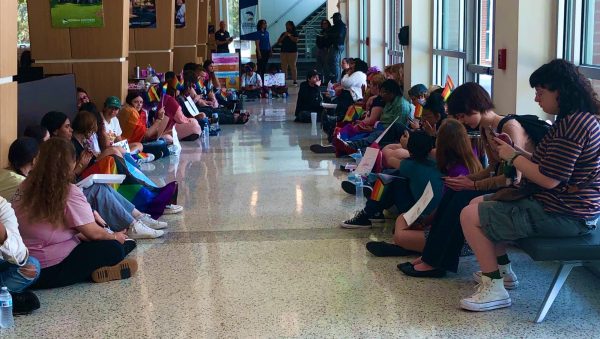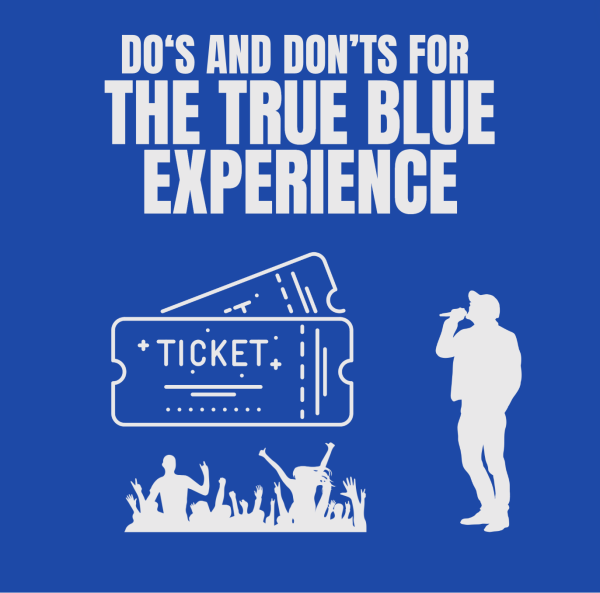Do Students Understand Consent?
October 27, 2022
Consent can have a spectrum of answers, it isn’t always “yes” or “no”. We asked students to define the word consent and interviewed Mia Schachter, a consent educator and Intimacy Coordinator from Newyork.
Students Define Consent
*Due to the sensitive nature of the question some students preferred to remain anonymous
“ Getting permission from someone to do a certain act. For example, may I have your consent to drive your car? ”, Nina Rainey
“When the other person in the “party,” says yes to the question at hand”, Bryce Howard
“Explicit permission to do something”, Marsha Woods
“Consent for me is when I say that it’s okay for someone else to do something with me when they ask for my consent”, Grace Sasser
“Acknowledgment from both parties that what they’re about to do is based on their own free will”, Rachel Holder
“When all parties agree to engage in an activity” Junior, psychology student
“The verbal agreement to said activity”, Junior, Business management
“Consent is the recognized agreement between two people to participate in an activity”, Sierra Wynn
The Basics of Consent
Mia Schachter, a consent educator and Intimacy Coordinator from Newyork, teaches a class on the basics of what consent can look like. She goes on to say, “You probably weren’t taught that consent can be creative, can build trust, can be dirty talk, or can cultivate intimacy.” She discusses that many people struggle to uphold boundaries or battle with people pleasing. Here are some tips she gives to those obtaining consent or giving consent.
Tips for those obtaining
- Open-ended questions, instead of “Can I ____?”, try “How does _____ sound?”
- Ask about feelings so they can check with themselves.
- Try multiple-choice questions.
- Can you make it into a yes form question (yes is easier than no).
Tips for those giving
- You can’t always know your boundaries, but you can know how they feel.
- Hold yourself to boundaries (I.e: I am not going to check my email after 6, I am going to study).
- Start small, celebrate yourself, and keep trying.
- Someone who receives you’re no gives you a lot of information about them, not you.
For Reference, How Georgia Southern University Defines Consent
“Consent” refers to words or actions that show a knowing and voluntary willingness to engage in mutually agreed-upon sexual activity. Consent cannot be gained by force, intimidation, or coercion; by ignoring or acting in spite of objections of another; or by taking advantage of the incapacitation of another where the Respondent knows or reasonably should have known of such incapacitation. Minors under the age of 16 cannot legally consent under Georgia law. Consent is also absent when the activity in question exceeds the scope of consent previously given. Past consent does not imply present or future consent. Silence or an absence of resistance does not imply consent. Consent can be withdrawn at any time by either party by using clear words or actions., GS CODE OF CONDUCT














